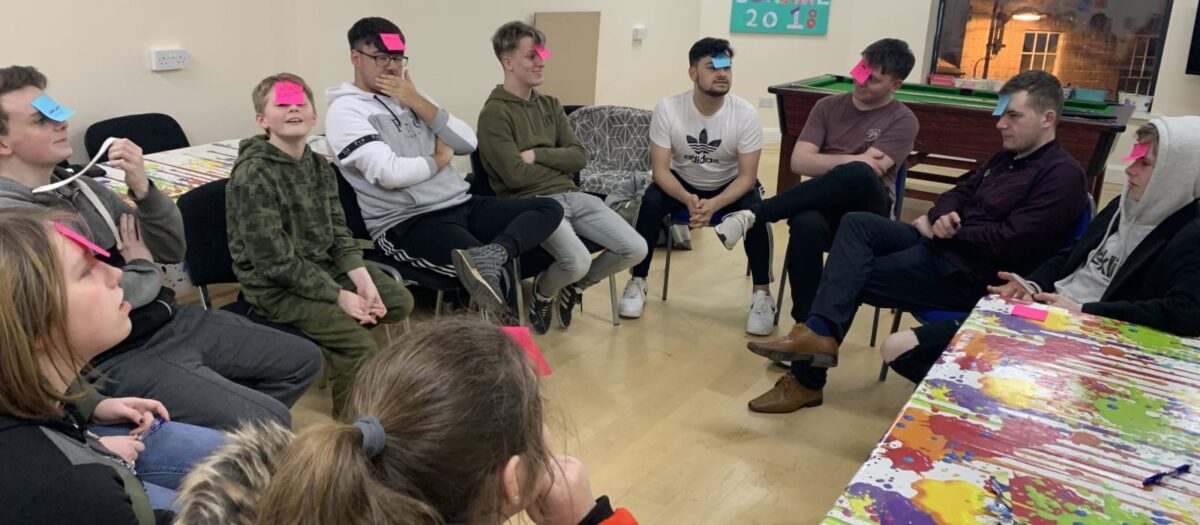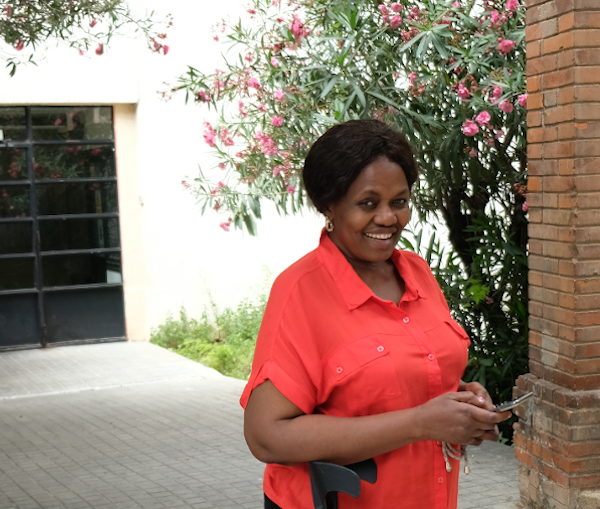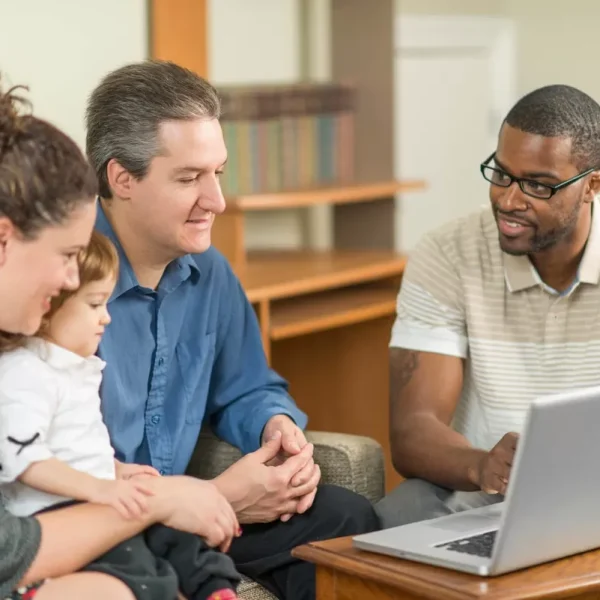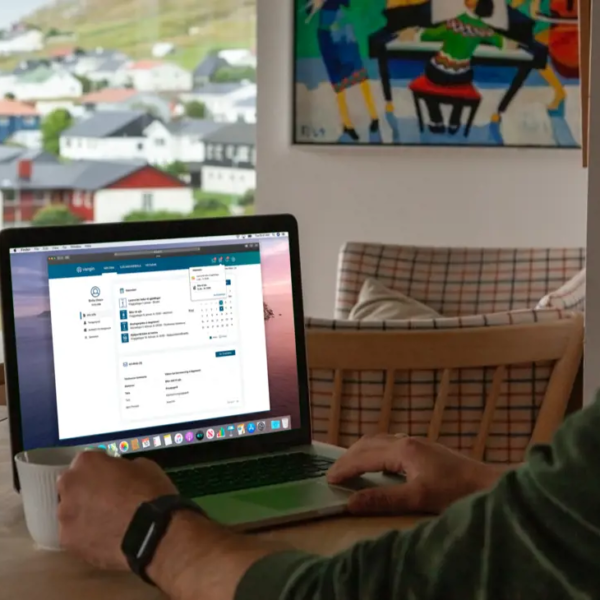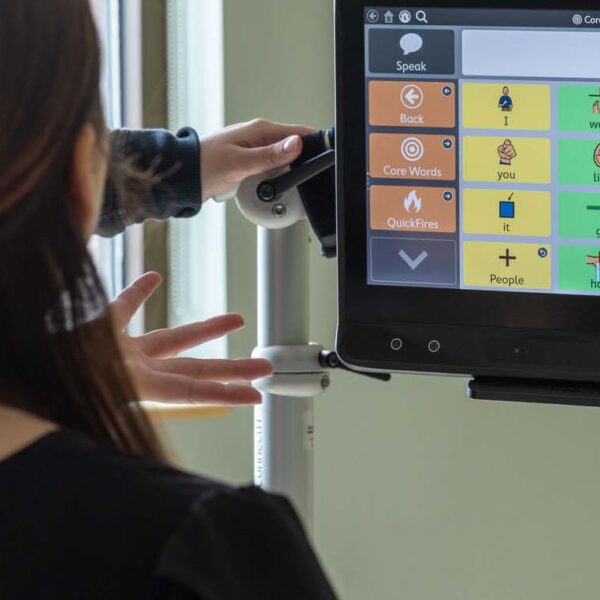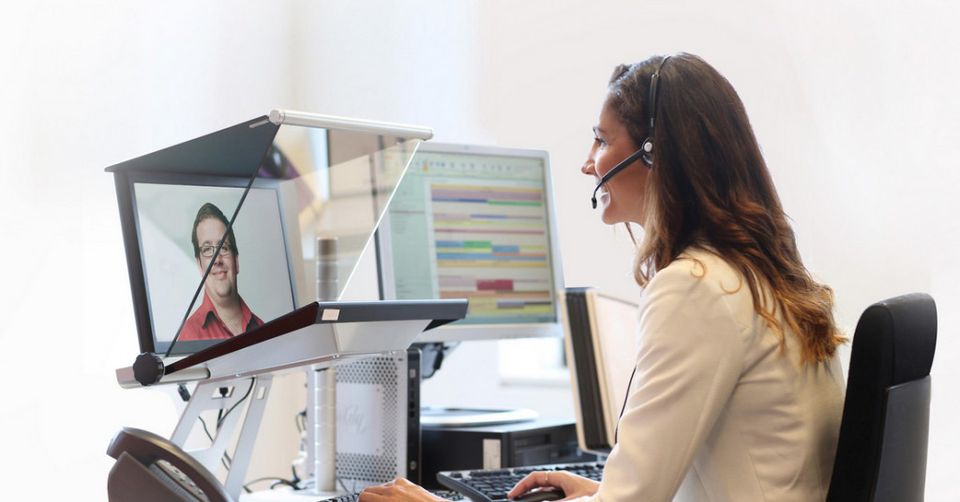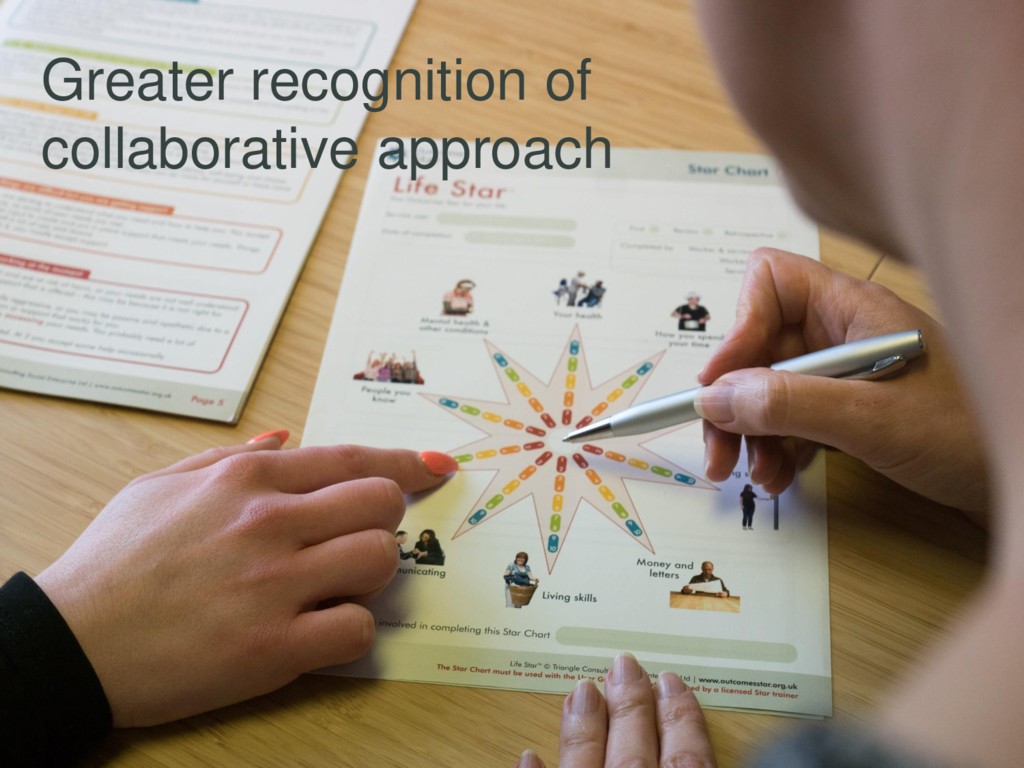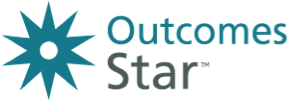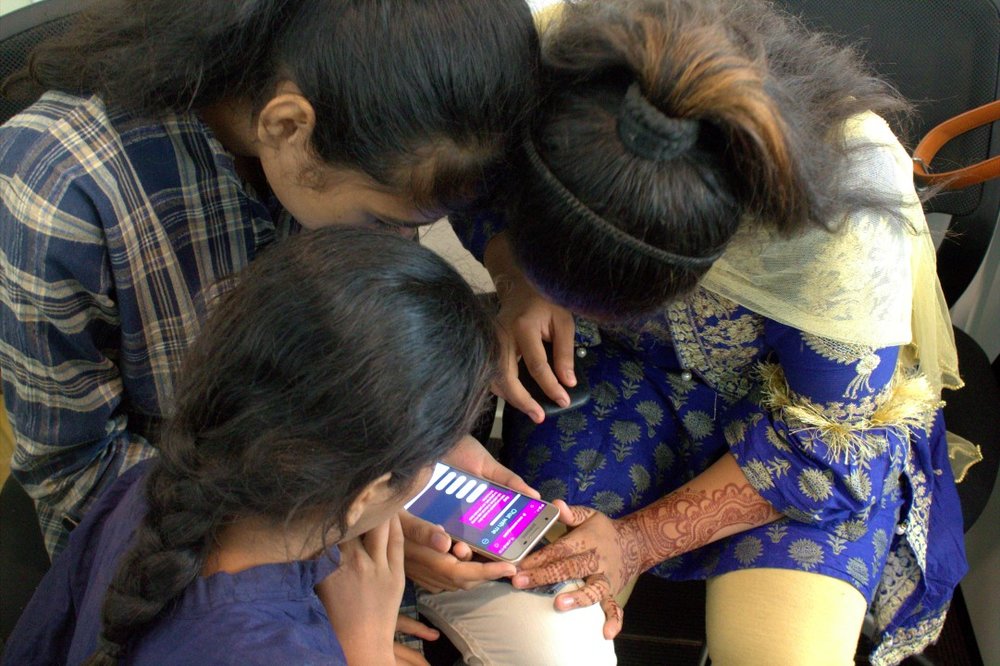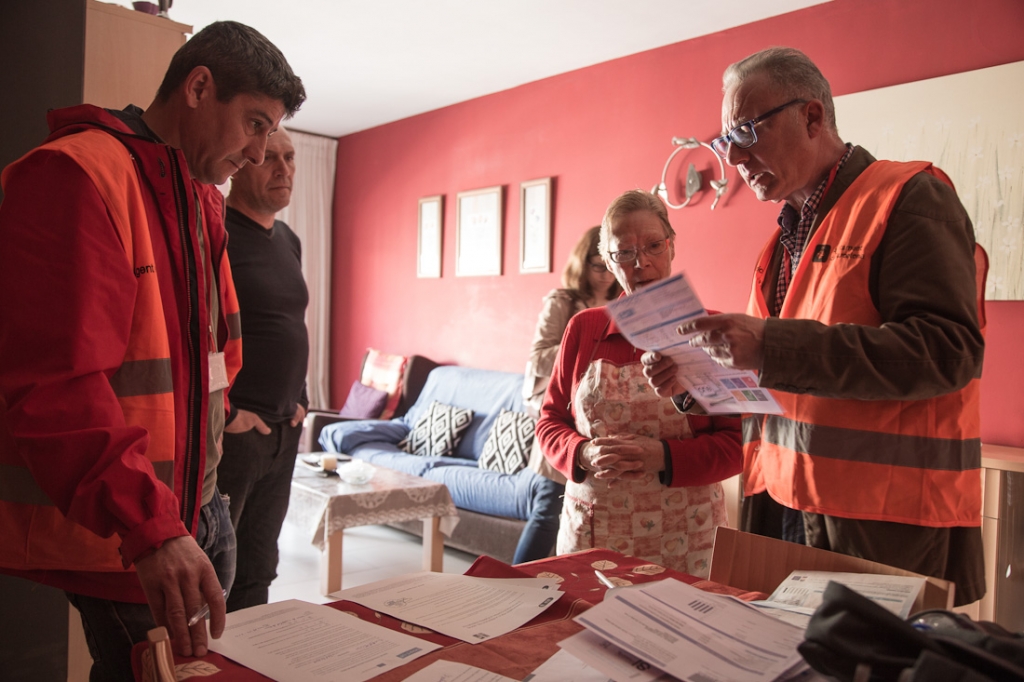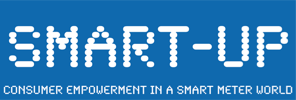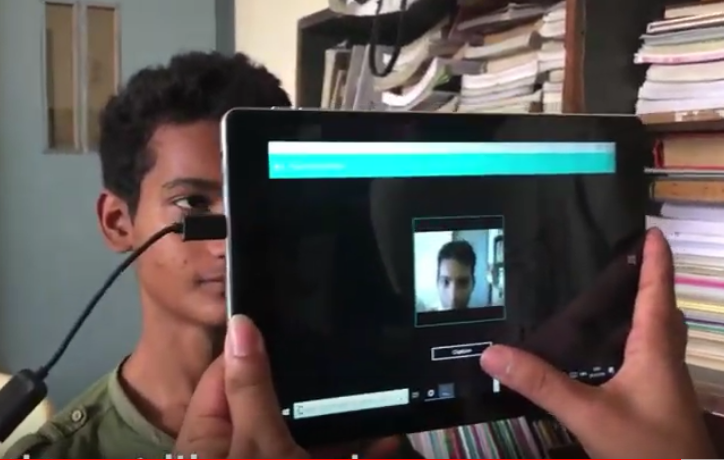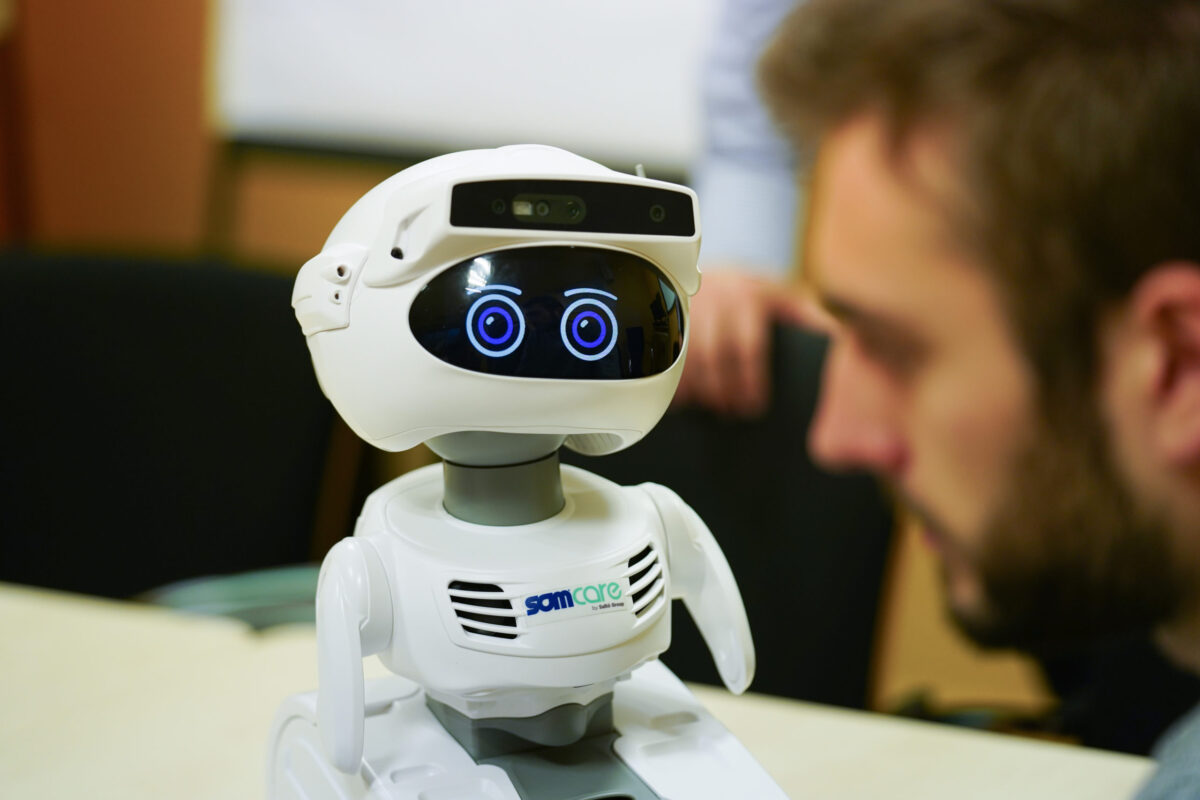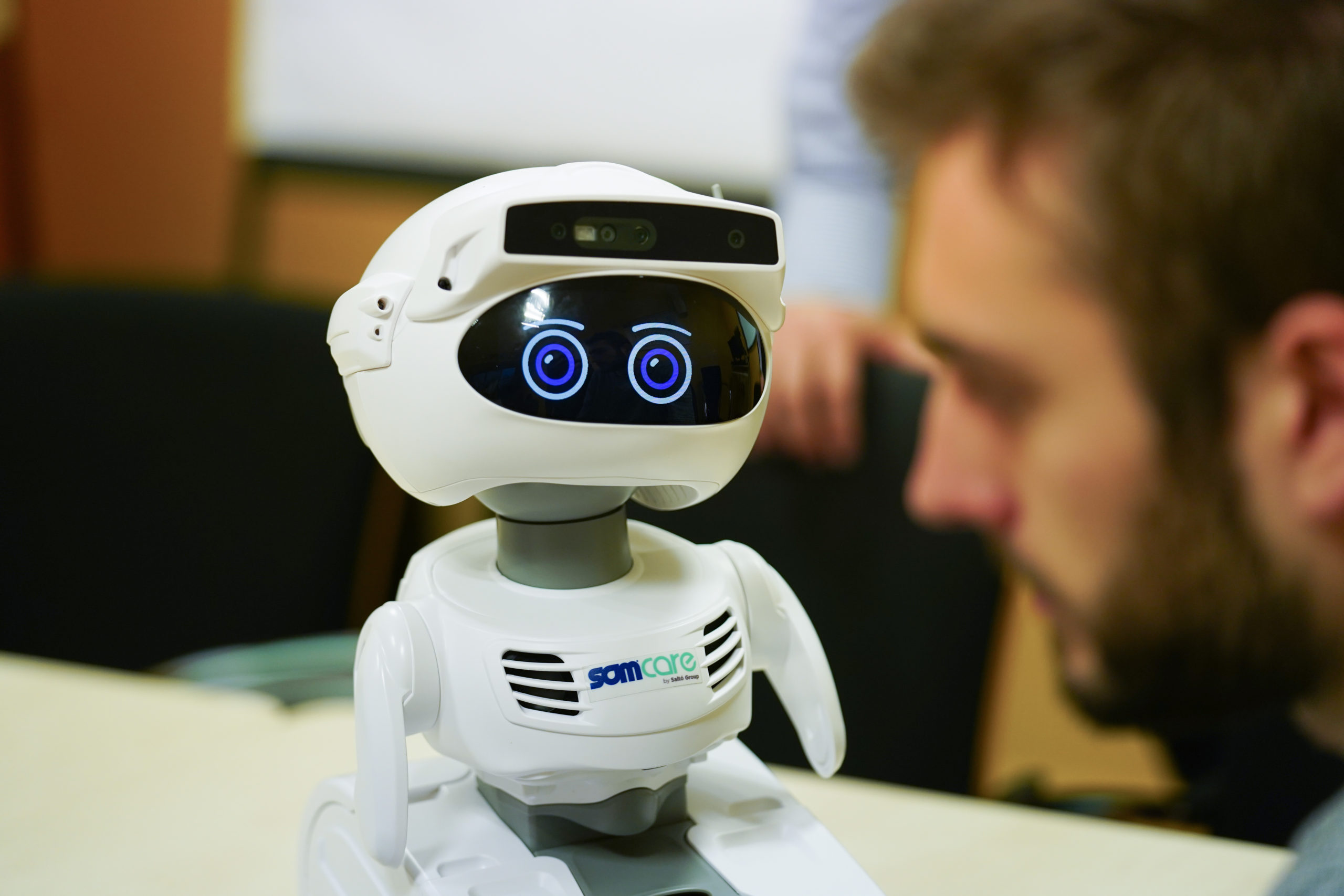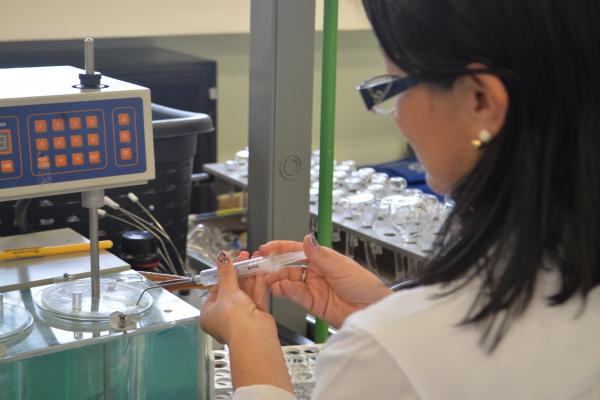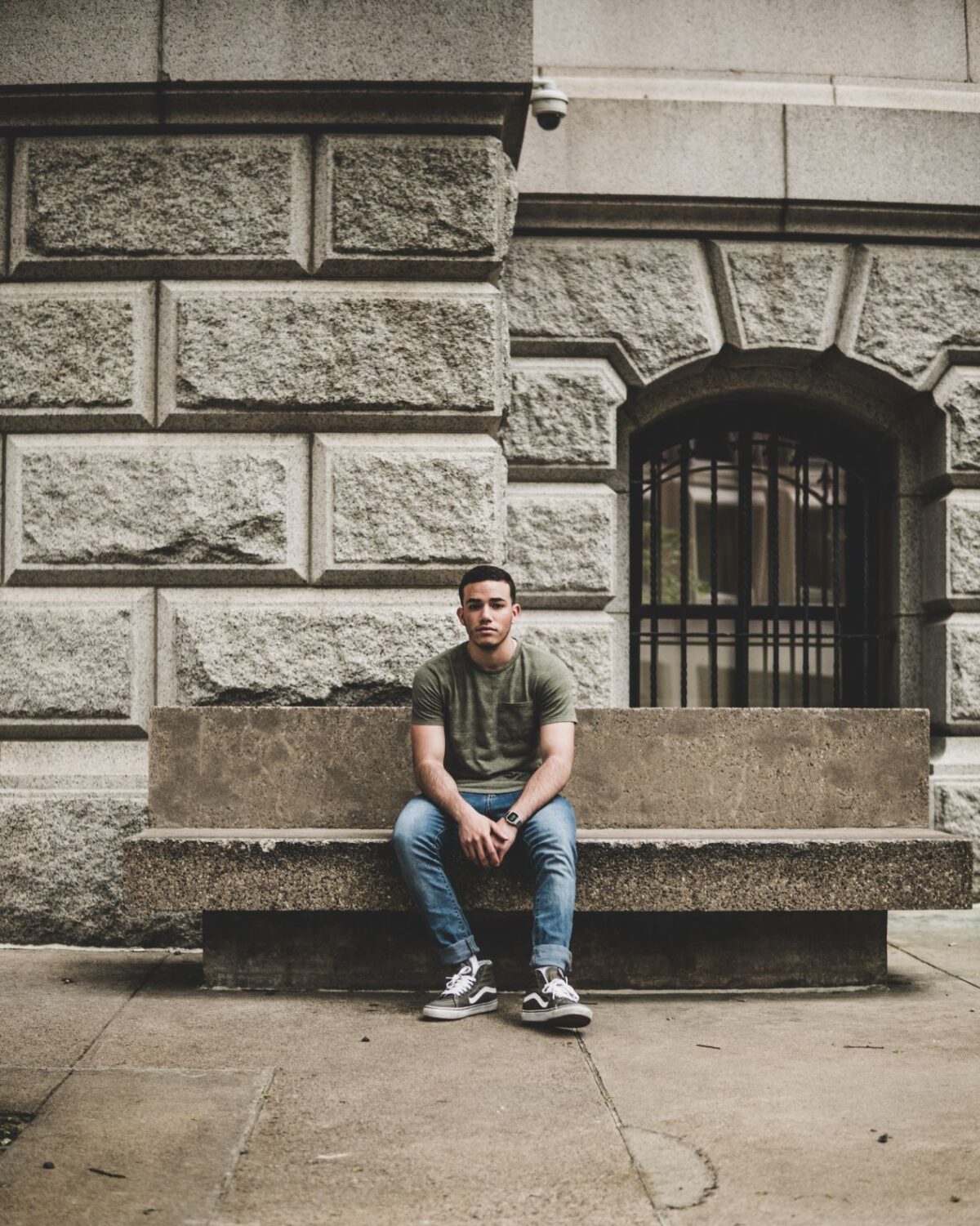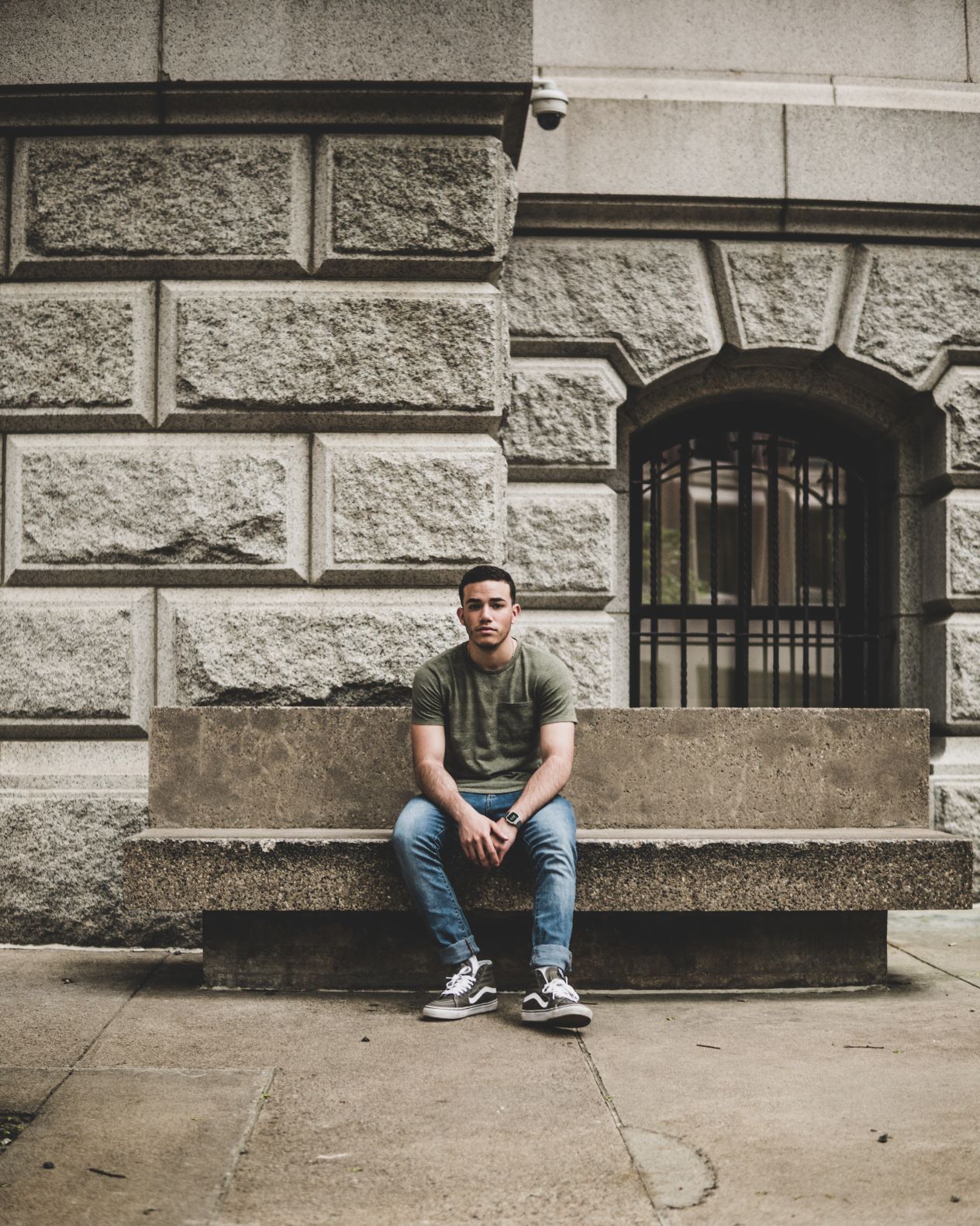Positive Sparks, platform to give voice to isolated or excluded young people
Positive Sparks, platform to give voice to isolated or excluded young people
The Bytes Project
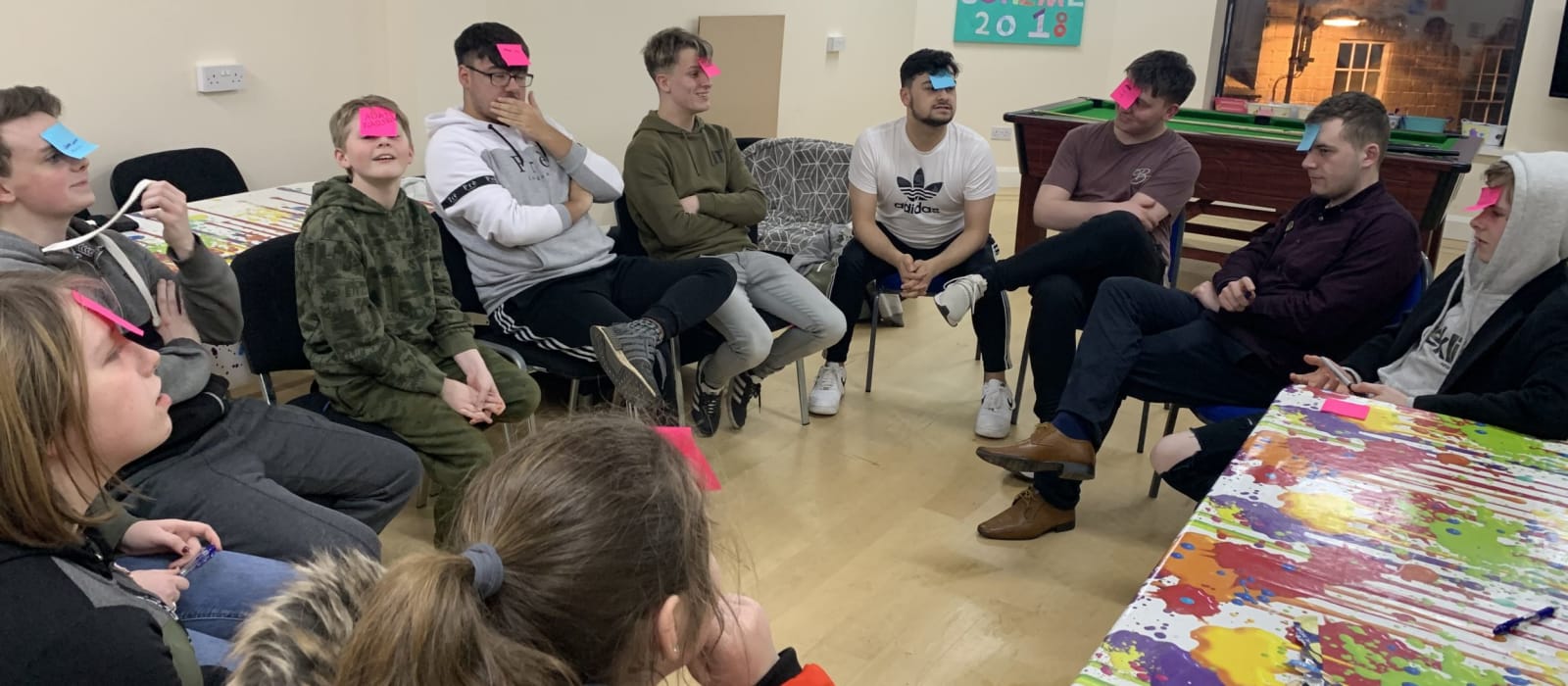
Youngsters participating in a face-to-face workshop from the project. Retrieved from Bytes’ website.
Youth participation platform which helps to give a voice to young people who are more isolated or excluded, to express their concerns, needs and opinion on the services offered by the community. The platform uses “Machine Learning” to analyse and interpret young people’s responses in a fast and automatic way.
In addition to empowering the most excluded young people and facilitating their participation, Positive Sparks allows social services and organisations working with young people with difficulties (mental health, drug abuse, school drop-out, etc.) to detect deficiencies in services, improve their interventions and identify new needs requiring new responses or services. The platform also offers the Public Administrations to use Positive Sparks for the development of youth-related public policies.
Within this initiative, more specific projects have emerged, such as Rural Sparks, which helps to give a voice to young people with difficulties in rural areas. On the other hand, Positive Sparks is not only a virtual platform, but also organizes workshops and presence activities to better meet young participants and to interact with them at first hand. Workshops are imparted by the Bytes organization in collaboration with other organizations, teaching centres, etc. It is currently a tool only available in English.
Location
Northern Ireland
Partners/Funders
National Lottery Community Fund, Epic CIC.
Genesis
The first prototype started in Belfast in 2018, under the name “Voices for Impact”. It has now spread beyond Northern Ireland to Ireland, the United Kingdom and some other countries.
Level of implementation
Fins ara hi ha participat més de 1200 de joves amb dificultats d’Irlanda del Nord i altres llocs, tant d’àrees urbanes com rurals.
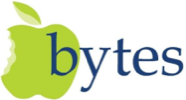
Banc d’innovacions

